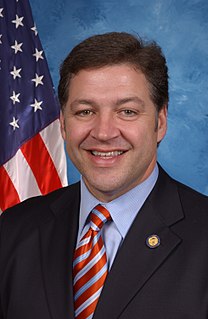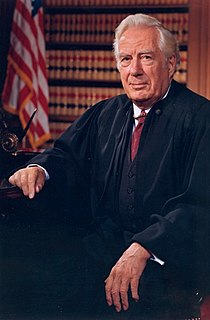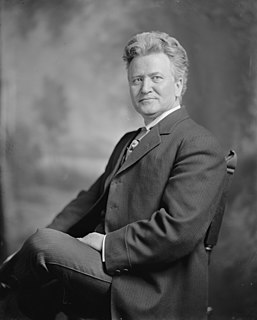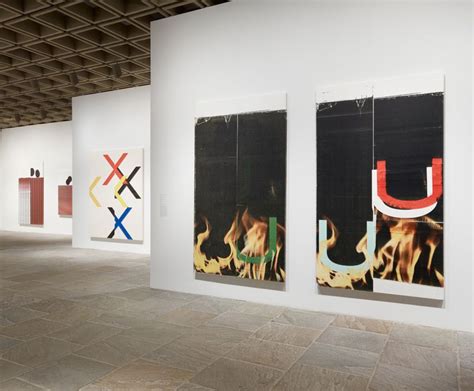A Quote by Francis Schaeffer
Most people do not realize that there was a paid chaplain in Congress even before the Revolutionary War ended.
Related Quotes
Every generation has its war. I have just been reminded of mine. It ended in 1989, 43 years after it began, the longest war Britain fought and certainly the most expensive. Its climax was total victory. Yet there was no parade, no medals, no colours hung in cathedrals. The Cold War saw no battles and cost almost no blood. Where there is no blood there is no glory and hence no history. Asked What did you do in the war, Daddy?, I could say only that I paid my taxes and left it at that.
The men who wrote the First Amendment religion clause did not view paid legislative chaplains and opening prayers as a violation of that amendment... the practice of opening sessions with prayer has continued without interruption ever since that early session of Congress. It can hardly be thought that in the same week the members of the first Congress voted to appoint and pay a chaplain for each House and also voted to approve the draft of the First Amendment... (that) they intended to forbid what they had just declared acceptable.
President's personal staff has a unique role. They're his intimate personal advisers, and the tradition and the precedent has been, even when I was national security adviser, that people in that position do not testify before the Congress. They talk to the Congress. They have meetings with the Congress.
Whoever sides with the revolutionary people is a revolutionary. Whoever sides with imperialism, feudalism and bureaucrat-capitalism is a counter-revolutionary. Whomever sides with the revolutionary people in words only but acts otherwise is a revolutionary in speech. Whoever sides with the revolutionary people in deed as well as in word is a revolutionary in the full sense.
With 450,000 U. S. troops now in Vietnam, it is time that Congress decided whether or not to declare a state of war exists with North Vietnam. Previous congressional resolutions of support provide only limited authority. Although Congress may decide that the previously approved resolution on Vietnam given President Johnson is sufficient, the issue of a declaration of war should at least be put before the Congress for decision.
We've got to stand up at some point and say, 'We are not gonna pay slavery reparations in the United States Congress.' That war's been fought. That was over a century ago. That debt was paid for in blood, and it was paid for in the blood of a lot of Yankees, especially. And there's no reparations for the blood that paid for the sin of slavery.







































